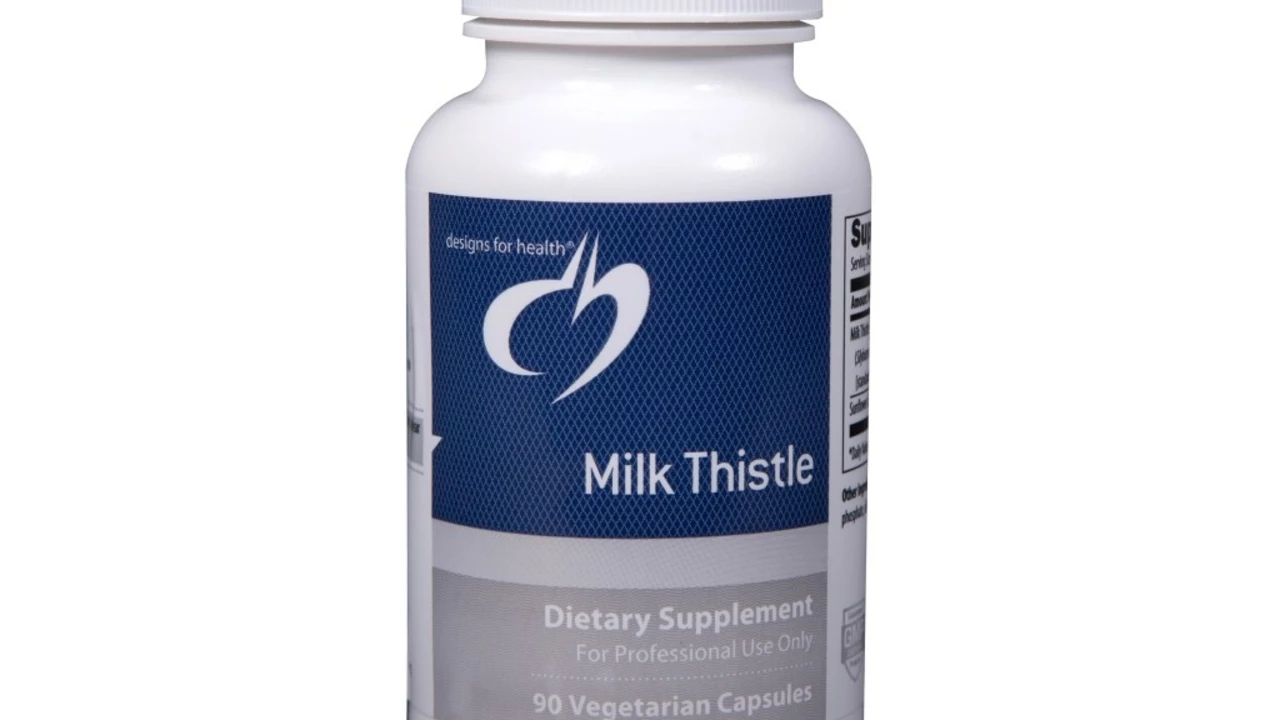Tyrosine: What It Does and When It Helps
Tyrosine is an amino acid your body uses to make dopamine, norepinephrine, and thyroid hormones. That makes it a simple but powerful player for mood, focus, and energy. People take L‑tyrosine supplements to sharpen thinking during stress, support thyroid health, or fight fatigue. But does it work? Yes for some situations — and not a miracle for others.
How tyrosine helps
If you’ve hit a mental wall after poor sleep or during an intense work session, tyrosine can help. It’s especially useful when your brain’s neurotransmitters are low from stress, lack of sleep, or long study sessions. Clinical studies show L‑tyrosine can improve alertness and working memory under short-term stress. Athletes sometimes use it to reduce the mental drain during long training or competitions.
Tyrosine also matters for the thyroid. Your body converts it into thyroid hormones, so having adequate tyrosine supports normal hormone production — but it won’t fix serious thyroid disease on its own.
Dosage, timing, and food
Common supplement doses range from 500 mg to 2,000 mg a day, often split into one or two doses. People trying it for focus often take 500–1,000 mg before a mentally demanding task. Take it on an empty stomach or with a small carb snack; carbs help get it into the brain by changing how amino acids compete for transport across the blood‑brain barrier.
Dietary sources include chicken, turkey, dairy, soy, nuts, and seeds. If you eat protein regularly, you already get tyrosine — supplements add a higher, targeted dose.
Watch interactions and side effects. Tyrosine can raise blood pressure slightly in some people and may cause headaches, nausea, or jitteriness when taken in high doses. Don’t combine it with MAOI antidepressants or high doses of stimulants without medical advice. People taking levodopa for Parkinson’s should talk to their doctor because amino acids can interfere with absorption. If you’re on thyroid medication, discuss timing and dose changes with your clinician.
Who should avoid it? Pregnant or breastfeeding people, those with uncontrolled high blood pressure, and anyone on MAOIs should skip supplements unless a doctor says otherwise. For most healthy adults, short-term use at recommended doses is safe.
Want to try it? Pick a product from a reputable brand that lists L‑tyrosine, not a generic amino blend. Look for third‑party testing and clear dosing instructions. Start low — 500 mg — and note how you feel during a stressful task. If it helps your focus and stress tolerance, you’ve likely found a useful tool. If not, stop and reconsider other options like sleep, diet, and proven treatments for mood or attention problems.
Tyrosine isn’t a cure-all, but used carefully it can be a practical, low-risk tool for short-term cognitive support and to back up thyroid health when combined with good medical care.





